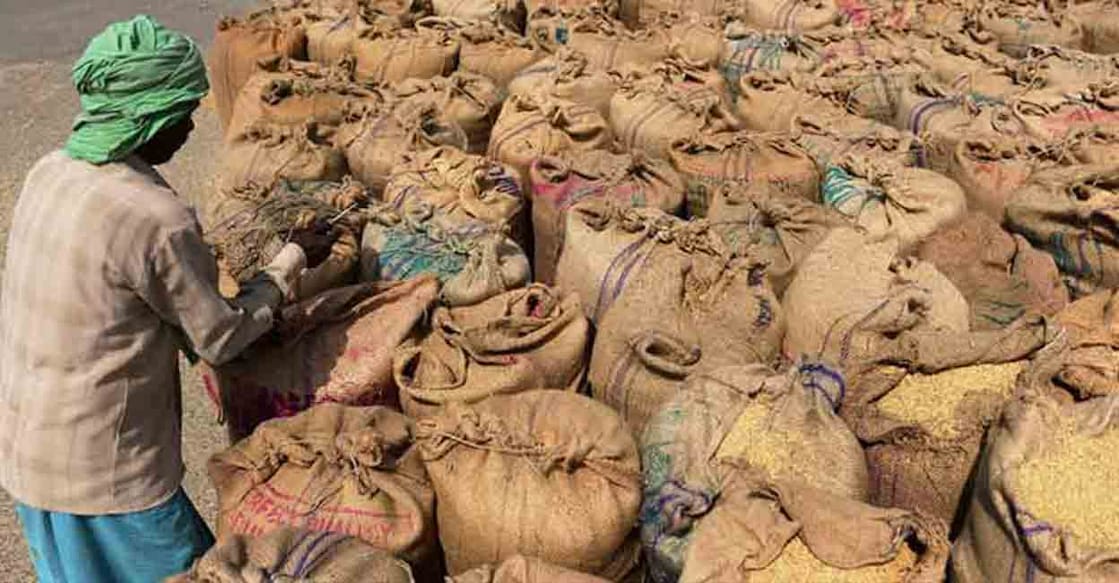Explained | What is the role of FCI?

Mail This Article
The government has increased the authorised capital of Food Corporation of India (FCI) from Rs 10,000 crore to Rs 21,000 crore to enhance the operational capabilities and fulfill its mandate effectively.
The increase in authorised capital is a significant step towards enhancing the operational capabilities of FCI in fulfilling its mandate effectively.
FCI resorts to cash credit, short-term loan, ways and means, etc to match the gap in the fund requirement.
The increase in the authorised capital will reduce the interest burden, decrease the economic cost and ultimately affect the government subsidy positively.
With this infusion of capital, the FCI should also embark upon modernising its storage facilities, improving transportation networks, and adopting advanced technologies.
These measures are essential not only for reducing post-harvest losses but also for ensuring efficient distribution of food grains to consumers.
The Centre provides equity to the FCI for working capital requirement and for creation of capital assets. The FCI is undertaking a comprehensive initiative to create an integrated IT system, leveraging existing internal and external systems.
Besides, it has also purchased lab equipment and developed a software platform for quality checking.
The government’s dual commitment to MSP-based procurement and investment in FCI’s operational capabilities signifies a collaborative effort towards empowering farmers, fortifying the agricultural sector, and ensuring food security for the nation.
Food Corporation of India
• The Food Corporation of India (FCI) is the main agency responsible for execution of food policies of the government.
• It was established on 14 January, 1965 under the Food Corporations Act, 1964.
• FCI is a PSU under the department of food and public distribution in the ministry of consumer affairs, food and public distribution.
• FCI, as the pillar of India’s food security architecture, plays a pivotal role in various crucial functions, including the procurement of food grains at minimum support price (MSP), maintenance of strategic food grain stocks, distribution to state governments and Union Territories, and stabilisation of food grain prices in the market.
• The functions of FCI primarily include purchase, storage, movement, distribution and sale of foodgrains on behalf of the government.
Objectives of FCI:
i) Effective price support operations for safeguarding the interests of farmers.
ii) Distribution of foodgrain throughout the country for public distribution system.
iii) Maintaining a satisfactory level of operational and buffer stocks of foodgrain to ensure national food security.
• Since its inception, FCI has played a significant role in India’s success in transforming the crisis management oriented food security into a stable security system.
• The Quality Control (QC) wing of FCI is entrusted with the task of procurement and preservation of foodgrains. The foodgrains are procured as per specifications laid down by the government and inspected regularly during storage to monitor the quality.
• Representative samples of the stock are drawn for physical and chemical analysis to ensure whether the quality standard meets the parameters laid down by the government as well as Food Safety and Standards Authority of India (FSSAI).




